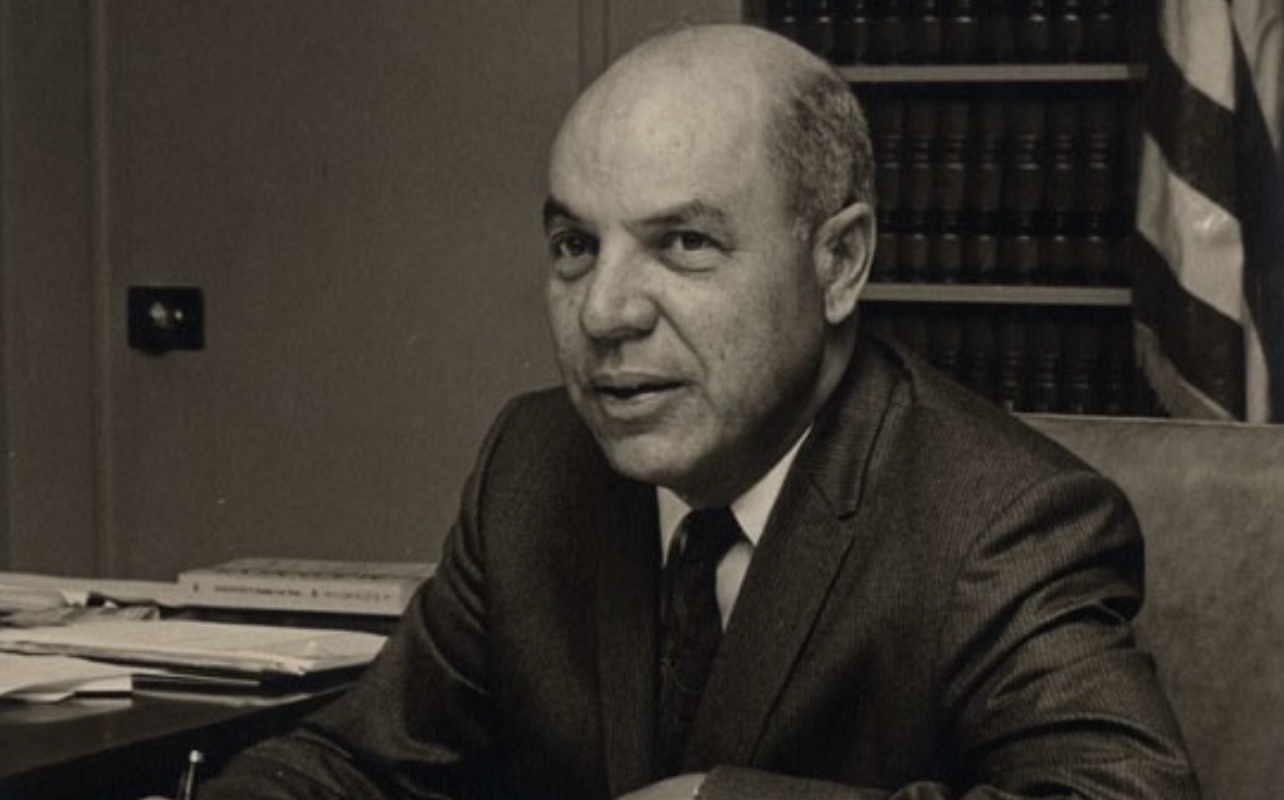
April 26, 2024
Roanoke, Virginia To Honor Ambassador, Civil Rights Leader Edward R. Dudley
Pre-Brown v. Board of Education, Dudley worked as a special assistant counsel to Thurgood Marshall at the Legal Defense and Education Fund and primarily worked on cases that sought the admission of Black students to universities in Southern states, equal pay for Black teachers, the abolition of segregated public transit, and voting rights for Black people.
Edward R. Dudley, who made history as the United States’ first Black ambassador in 1949 when he was appointed the U.S. ambassador to Liberia, will be honored in his hometown of Roanoke, Virginia, with a historical marker placed near his childhood home.
As Cardinal News reported, Dudley has an impressive resume, but his contributions to civil rights have been overlooked. Pre-Brown v. Board of Education, Dudley worked as a special assistant counsel to Thurgood Marshall at the Legal Defense and Education Fund and primarily worked on cases that sought the admission of Black students to universities in Southern states, equal pay for Black teachers, the abolition of segregated public transit, and voting rights for Black people.
Due to advocacy from New York’s Mayor Fiorello H. LaGuardia in 1945, Dudley became the legal advisor to the governor of the U.S. Virgin Islands. In 1948, President Harry S. Truman made him an envoy of Liberia ahead of the establishment of an embassy in Liberia in 1949, which made Dudley the first Black person to serve as an ambassador for the United States of America.
Dudley did not, however, turn a blind eye to injustices within the State Department, calling attention to their culture of “pale, male, and Yale” that his son, Edward Dudley Jr., says likely cost him any further advancement, but it opened up doors for those coming into the department behind him.
Ruth Davis, the first Black woman to be named a career ambassador and the former director general of the U.S. Foreign Service, paid tribute to Dudley’s paved roads in a documentary about his life, African-American Trailblazers in Diplomacy. “If you don’t have African-Americans, Asian-Americans, Hispanic Americans, you name it — if you don’t have these people, you don’t have a Foreign Service that is reflective of the population, so it is very important to have that diversity, so that we will have the diversity of thought as well as diversity of appearance.”
His son, likewise, is proud of the doors his father opened, telling Cardinal News, “That’s one of the things I’m most proud of. It was a situation where Black people were pigeonholed into hardship posts and sent to Black countries. As a result of his paper, which was at great risk to himself, and as a result, he wasn’t even considered again for promotion, he really changed the State Department.”
Dudley returned to working for the NAACP upon his return to the U.S. in 1953; two years later, he was appointed to judge on the Family Court in Manhattan, his first judicial appointment. In 1964, Dudley was elected to New York’s state Supreme Court, where he remained until his retirement in 1985. However, it was not until Nelson Harris, a former Mayor of Roanoke and an avid historian, was writing a book, The Roanoke Valley in the 1940s, that Dudley’s name began to receive recognition.
Harris and the Roanoke NAACP are currently working towards securing the $3,410 required to pay for the historical marker, which will be created by a foundry in Ohio. Dudley Jr would like for the Roanoke community and the state of Virginia to be proud that they helped produce such an exceptional figure, telling Cardinal News, “He was a civil rights leader and a special guy in that when he was in a position of power he wanted to bring in more Blacks,” Dudley said. “People should really know what an exceptional person he was. I’d like them to know about him and be proud that he was a Virginian.”